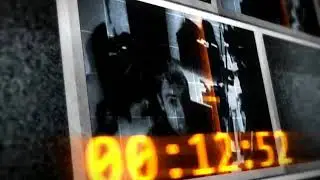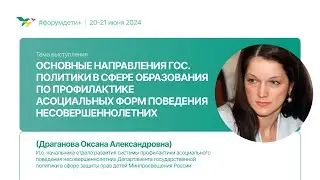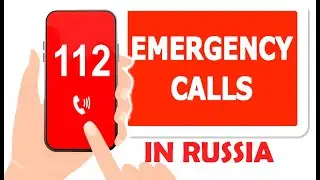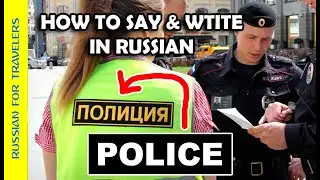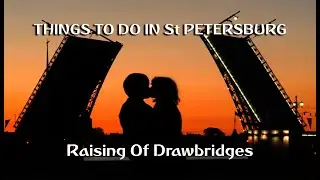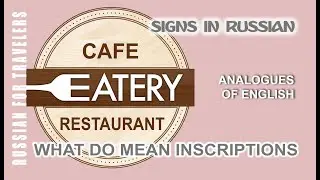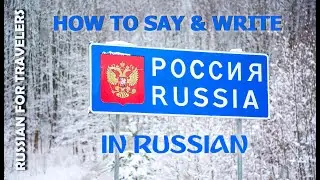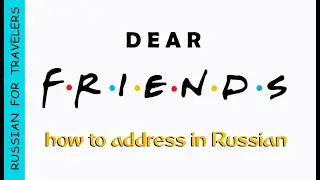CHEERS in Russian from Mr Putin & Native Speakers. Russian Drinking Toasts. Russian For Travelers
DEAR FRIENDS !
As in many other countries and languages, the Russian analogs of English 'CHEERS' (German 'PROSIT', Spanish 'SALUD', French 'SANTE', etc) are the main and universal expressions (exclamations) accompanying drinking. But in Russian language is no direct analogue of 'CHEERS'.
Classic drinking toast is a phrase that wishes something good and positive to a specific person (several people). But these expressions (Russian analogs of 'Cheers') are more likely not toasts, but exclamations that can be pronounce in any situation, both with friends, and to a complete stranger.
The difference is that these words and phrases can be repeated in this case many times and, like 'CHEERS', incl added into other toasts. In this case, these expressions are triggers and have a very close meaning to sayings as 'let's go!', 'let`s do it!', 'fire!', 'come on!' and similar.
There are really a lot of Russian 'CHEERS'. However, they can be divided into two common groups:
1) Just short signal (one word) that it's time to drink
2) A short phrase (two words) with a wish for health
---------------------
FIRST GROUP
PAYEKHALI ! (RUS in Latin)
ПОЕХАЛИ ! (RUS in Cyrillic)
Direct translation - LET`S GO !
BUDEM ! (RUS in Latin)
БУДЕМ ! (RUS in Cyrillic)
Direct translation - LET`S BE !
VZDROGNULI ! (RUS in Latin)
ВЗДРОГНУЛИ ! (RUS in Cyrillic)
Direct translation - LET`S GET WINCE
Slang / Informally
it is better to use for strong drinks - vodka, whiskey, etc
GORIKA ! (RUS in Latin)
ГОРЬКО ! (RUS in Cyrillic)
Direct translation - BITTERLY !
Very popular Russian toast
BUT!!! For use on wedding only!!!
---------------------
SECOND GROUP
At a Russian party, one should distinguish a classic toast for something (for example 'to health') and an exclamation-trigger like 'Cheers - Let`s go'. Many classic toasts can be said once or twice, but 'CHEERS' so much as you like.
What wish for health in Russian can be said once, and which many? To do this, you need to remember one simple but important rule:
IMPORTANT! Any Russian toast, with the exception of the analogue of 'cheers', ALWAYS begins with the preposition 'ZA / ЗА' just like in English with 'TO'. For example: 'TO women = ZA zhenshin'
Most likely, you've often heard the expression 'NA ZDAROVIE' and thought it was a popular Russian toast. This is mistake! It is correct to speak 'ZA ZDAROVIE' (to health!).
The phrase 'NA zdarovie' corresponds to the English 'you are welcome' or 'enjoy' in response for thanks, usually for a delicious meal. For example:
Everything was delicious. Thank you!
You are welcome! Enjoy! = NA ZDAROVIE
BUDEM ZDAROVY ! (RUS in Latin)
БУДЕМ ЗДОРОВЫ ! (RUS in Cyrillic)
Direct translation - LET`S BE HEALTHY !
BUD`TE ZDAROVY ! (RUS in Latin)
БУДЬТЕ ЗДОРОВЫ ! (RUS in Cyrillic)
Direct translation - LET`S BE HEALTHY !
Note! Addressing several people (anywhere)
or one respected person (formal)
TVAYO ZDAROVIE ! (RUS in Latin)
ТВОЁ ЗДОРОВЬЕ ! (RUS in Cyrillic)
Direct translation - YOUR HEALTH !
Note! Addressing one specific person
For informal use only!
VASHE ZDAROVIE ! (RUS in Latin)
ВАШЕ ЗДОРОВЬЕ ! (RUS in Cyrillic)
Direct translation - YOUR HEALTH !
Note! Addressing several people (anywhere)
or one respected person (formal)
___________________________________
Dear friends! Our channel and website https://inrussian.info is intended for people exploring Russia and the Russian language, primarily for travelers and guests of our hospitable country.
We want your visit to Russia to be one of the best and unforgettable! Therefore, we have made for you an online travel guide and phrasebook with the most frequently used words and phrases. Learn real Russian spoken (conversational) language. Speak like a local in Russia!
We are always happy to help you. Therefore, if you did not find what you were looking for here, write in the comments any phrase in any language and we will select an exact analogue in Russian.
PLEASE NOTE! The following transliteration and pronunciation is given for the classical Latin alphabet and does not match with the rules of orthography and pronunciation of English.
Therefore do not pronounce Russian words how to you like represent sounds in English.
For example:
The Latin letter U should not be pronounced as the English word 'YOU'. (here U = OO)
PAY ATTENTION! Grammar is not our main thing. For example, we all pronounce French PEUGEOT as PEZHO. So Moscow (in Russian - MOskva) is actually pronounced by Russians as MAskva.
All Common Russian Drinking Toasts
https://inrussian.info/phrasebook_caf...
All about Alcohol Drinks in Russia
https://inrussian.info/phrasebook_caf...
Phrasebook for Cafe and Restaurant in Russia
https://inrussian.info/phrasebook_caf...
Vocabulary for Russian Supermarket
https://inrussian.info/phrasebook_caf...
InRussian - online phrasebook and helper for travelers
Welcome!
#Cheers_in_Russian #Russian_Drinking_Toast #Real_Russian_Spoken
